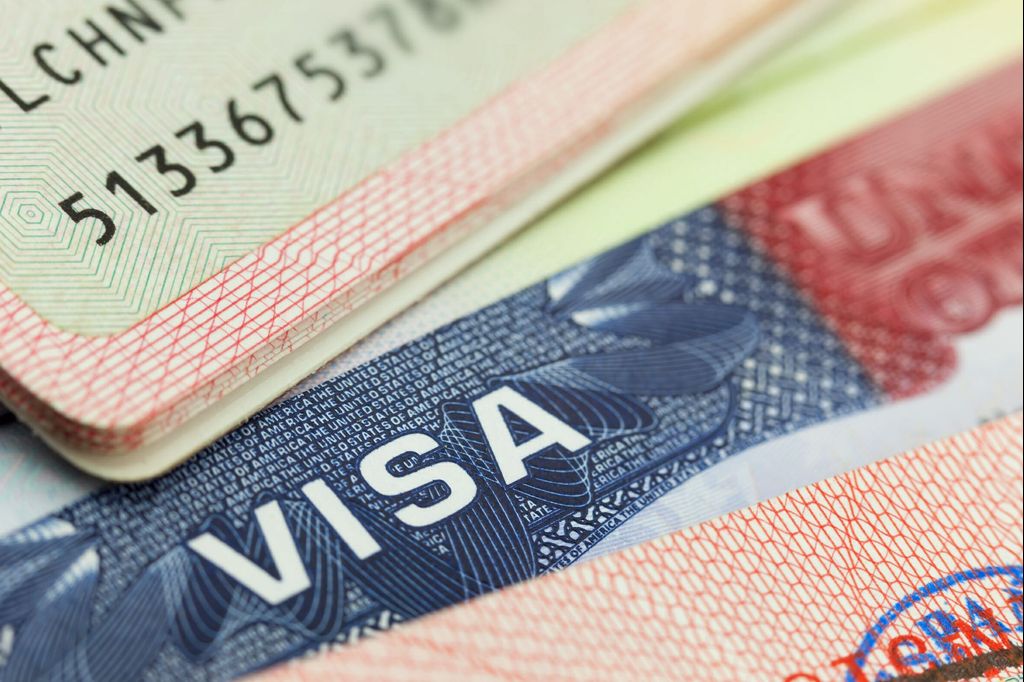By Emmanuel T. Erediano
emmanuel@mvariety.com
Variety News Staff
U.S. Congresswoman Kimberlyn King-Hinds last week asked the U.S. Department of Homeland Security to exempt the CNMI from President Donald Trump’s executive order imposing an additional $100,000 fee on H-1B visas.
In her letter to DHS Secretary Kristi Noem, King-Hinds acknowledged that the president’s goal of protecting American workers is clear and consistent and agreed that abuses in the technology sector have undermined wages and opportunities for Americans.
But she emphasized that the situation in U.S. territories is different. Unlike the mainland, which has vibrant economies and a large labor pool, territories such as the CNMI “face persistent challenges with economic development and workforce availability to meet even basic demands.”
In fiscal year 2025, all five U.S. territories combined received only 425 H-1B visa approvals — less than 1% of those issued in California. Yet, King-Hinds noted, the workers filling these limited roles provide critical services that cannot go unfilled.
In the CNMI, 22% of approved H-1B petitions in FY 2024 were for physicians and specialists at the Commonwealth Healthcare Corporation, the islands’ only hospital, and 15% were for the Commonwealth Utilities Corp., which maintains the CNMI’s power and water systems. Without these H-1B workers, she said, the basic welfare of the community is at risk.
“Because of these unique conditions, I respectfully request your consideration of an exemption under Section 1(c) of the proclamation for H-1B petitions filed by employees in the U.S. territories. This request is consistent with the intent of the proclamation, as a territorial exemption would serve the national interest and would not pose a threat to the security or welfare of the U.S.”
King-Hinds explained that each territory also serves a critical function in advancing national priorities and faces unique challenges that constrain economic stability. In the region, she said, Guam serves as the staging ground for the projection of military force in the Western Pacific, while the CNMI is a growing component of the country’s ability to deter access from foreign adversaries.
Meeting these national security objectives requires not only direct military construction but also the stability of the local economies that surround and support those projects. She added that access to a reliable workforce to fill longstanding shortages is essential to keeping both civilian communities and military operations viable.
King-Hinds also pointed out that the U.S. Congress has long recognized that the CNMI’s workforce needs differ from those of the mainland. In 2008, Congress directed a gradual transition to federal immigration oversight and created the Commonwealth-Only Transitional Worker or CW program as a temporary measure. The intent was to provide continuity while the CNMI’s workforce system integrated into the broader federal visa framework, including H-1B programs.
“If access to those programs is curtailed, the transition cannot be completed, and the CNMI is left without viable means to meet its critical labor needs,” she wrote. “Such a result would conflict with congressional intent and place at risk the long-term sustainability of the CNMI’s economy and workforce.”
King-Hinds also noted that both Congress and DHS have maintained a distinct territorial track within the Immigration and Nationality Act, recognizing these unique conditions. Under 8 U.S.C. § 1182(d)(7) and related regulations, territories are already treated separately from the states for immigration control, and programs exist to ensure flexibility within the INA. This framework, she said, allows the U.S. to maintain strong immigration controls while meeting the needs of remote jurisdictions that are vital to national security.
“A territorial exemption under Section 1(c) of the president’s proclamation would therefore be consistent with existing law and the safeguards already in place to protect the interests and security of the nation,” King-Hinds wrote.











